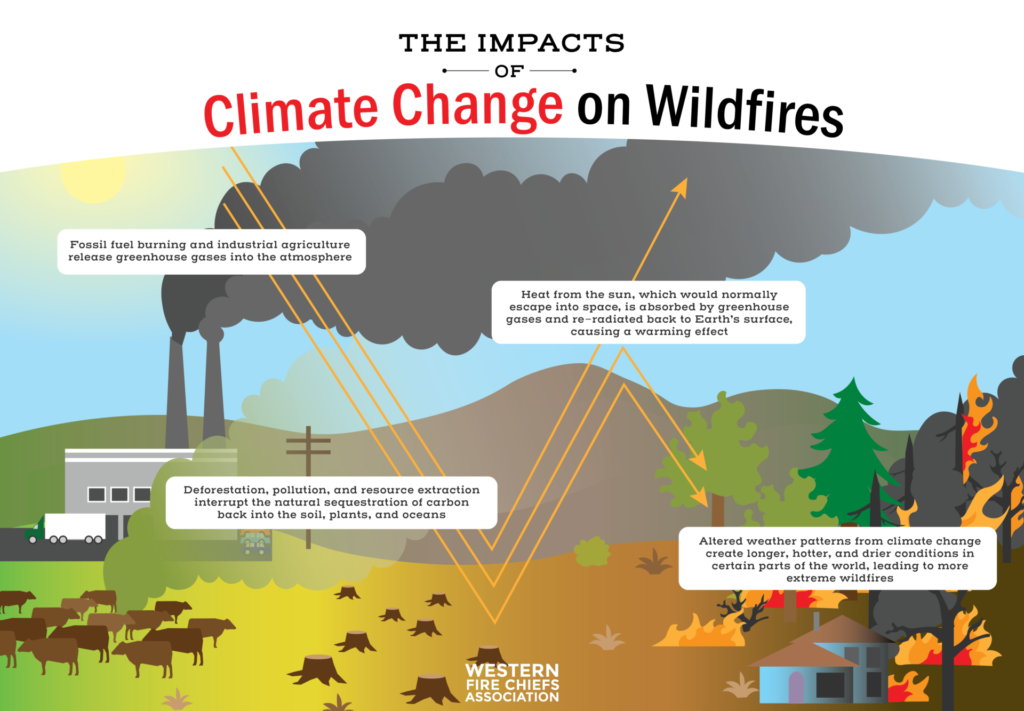New Guidelines For Diagnosing, Preventing, And Treating Long COVID In Canada

Table of Contents
Understanding the Diagnostic Criteria for Long COVID in Canada
Diagnosing Long COVID presents significant challenges due to its diverse and fluctuating symptoms. The lack of a single, definitive test further complicates the process. However, Canadian guidelines for diagnosing Post-COVID-19 syndrome provide a framework for healthcare professionals. These guidelines typically focus on the duration and persistence of symptoms, rather than specific symptom profiles. Diagnosing Long COVID often involves a process of elimination, ruling out other potential conditions.
The current Canadian guidelines generally define Long COVID as symptoms persisting for more than four weeks after the initial COVID-19 infection. These symptoms can vary widely, but commonly include:
- Fatigue: Overwhelming tiredness and exhaustion that doesn't improve with rest.
- Brain fog: Difficulty concentrating, remembering things, or processing information.
- Shortness of breath: Experiencing breathlessness even during minimal exertion.
- Other common symptoms include: chest pain, heart palpitations, muscle aches, headaches, gastrointestinal issues, and changes in smell or taste.
Various diagnostic tests may be used to rule out other conditions that mimic Long COVID symptoms. These can include:
- Blood tests to assess inflammation markers and organ function.
- Imaging tests (X-rays, CT scans) to evaluate potential lung or heart issues.
- Cardiac testing to assess heart function.
Accurate diagnosis requires a comprehensive medical history, considering the patient's COVID-19 infection timeline and the evolution of their symptoms. Key diagnostic criteria include:
- Symptoms lasting longer than 4 weeks post-infection.
- Multiple persistent symptoms impacting daily life.
- Exclusion of other potential diagnoses through appropriate testing.
- Importance of a detailed medical history and symptom assessment.
Exploring Prevention Strategies for Long COVID
While a complete prevention strategy is still under development, evidence strongly suggests that minimizing the severity and duration of the initial COVID-19 infection is key to reducing the risk of developing Long COVID. This underscores the crucial role of preventative measures like vaccination.
Staying up-to-date with COVID-19 vaccinations is paramount. Clinical studies indicate that vaccination significantly reduces the risk of severe COVID-19, which, in turn, correlates to a decreased likelihood of developing Long COVID. Early treatment of COVID-19 is also crucial. Prompt medical attention and appropriate antiviral therapies can shorten the duration and severity of the infection, thereby potentially minimizing the risk of long-term complications.
Beyond vaccination and early treatment, maintaining a healthy lifestyle plays a significant role in building resilience. This includes:
- Staying up-to-date with COVID-19 vaccinations.
- Seeking prompt medical attention for COVID-19 symptoms.
- Prioritizing a balanced diet rich in fruits, vegetables, and whole grains.
- Engaging in regular physical exercise to maintain cardiovascular health.
- Practicing stress management techniques such as mindfulness or meditation.
Available Treatment Options for Long COVID in Canada
Currently, there's no single "cure" for Long COVID. Management focuses on a multidisciplinary approach addressing individual symptoms. Treatment plans are highly individualized, tailored to the specific symptoms and needs of each patient. This often involves a team of specialists, including:
- Physicians: To manage underlying medical conditions and prescribe medication for symptom relief.
- Physiotherapists: To address musculoskeletal issues, improve mobility, and manage fatigue.
- Occupational therapists: To adapt daily routines and improve functional abilities.
- Mental health professionals: To provide support for anxiety, depression, and other mental health challenges.
Treatment strategies may include:
-
Pharmacological interventions: Pain management medications, antidepressants for fatigue, and other symptom-specific treatments.
-
Rehabilitation therapies: Physical therapy, occupational therapy, and other rehabilitative programs to improve function and reduce disability.
-
Supportive care: Dietary advice, stress management techniques, and access to support groups and peer-to-peer networks.
-
Multidisciplinary rehabilitation programs.
-
Medication to manage specific symptoms (e.g., pain, fatigue).
-
Cognitive behavioral therapy (CBT) for mental health challenges.
-
Support groups and peer-to-peer networks to connect with others facing similar experiences.
Conclusion
This article has provided an overview of the new guidelines for diagnosing, preventing, and treating Long COVID in Canada. The complex nature of this condition necessitates a multifaceted approach, combining preventative measures like COVID-19 vaccination and healthy lifestyle choices, accurate diagnosis through a comprehensive medical evaluation, and individualized treatment plans that address the unique constellation of symptoms experienced by each patient. Understanding and adhering to the latest guidelines on Long COVID is crucial for both healthcare professionals and individuals affected by this condition. Learn more about the resources available in Canada for Long COVID diagnosis, prevention, and treatment. Stay informed about updates to the guidelines for managing Long COVID in Canada.

Featured Posts
-
 All The Air Jordans Releasing In May 2025
May 29, 2025
All The Air Jordans Releasing In May 2025
May 29, 2025 -
 Review Of The Best Office Chairs Available In 2025
May 29, 2025
Review Of The Best Office Chairs Available In 2025
May 29, 2025 -
 Examining The Allegations Is Eric Damaseau Anti Lgbt On You Tube
May 29, 2025
Examining The Allegations Is Eric Damaseau Anti Lgbt On You Tube
May 29, 2025 -
 Heitingas Unexpected Show Of Affection A Detailed Look At The Viral Moment
May 29, 2025
Heitingas Unexpected Show Of Affection A Detailed Look At The Viral Moment
May 29, 2025 -
 Double Shooting Near Notorious Seattle Intersection Victims Condition Unknown
May 29, 2025
Double Shooting Near Notorious Seattle Intersection Victims Condition Unknown
May 29, 2025
Latest Posts
-
 Matthew Sexton Pleads Guilty To Animal Pornography Charges
May 31, 2025
Matthew Sexton Pleads Guilty To Animal Pornography Charges
May 31, 2025 -
 Climate Change Wildfires And Albertas Oil Production
May 31, 2025
Climate Change Wildfires And Albertas Oil Production
May 31, 2025 -
 Canadas Labour Market Rosenbergs Analysis And The Bank Of Canadas Response
May 31, 2025
Canadas Labour Market Rosenbergs Analysis And The Bank Of Canadas Response
May 31, 2025 -
 Final Preparations Complete Down East Bird Dawgs Ready For Inaugural Game
May 31, 2025
Final Preparations Complete Down East Bird Dawgs Ready For Inaugural Game
May 31, 2025 -
 Assessing The Risk Alberta Wildfires And Their Impact On Oil Output
May 31, 2025
Assessing The Risk Alberta Wildfires And Their Impact On Oil Output
May 31, 2025
